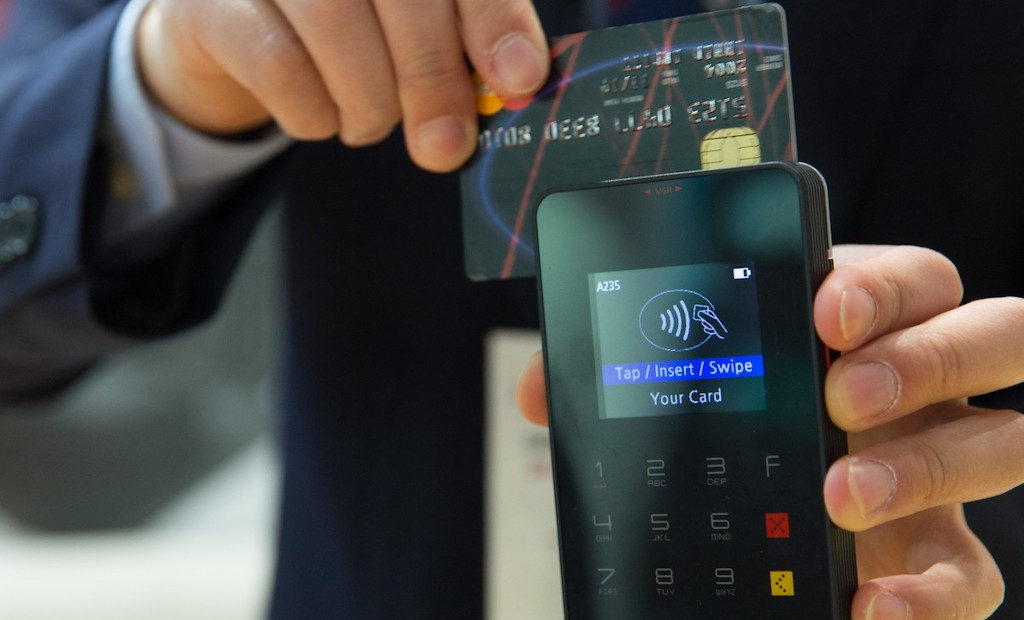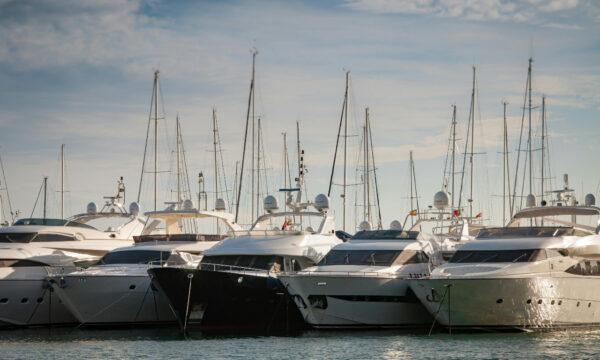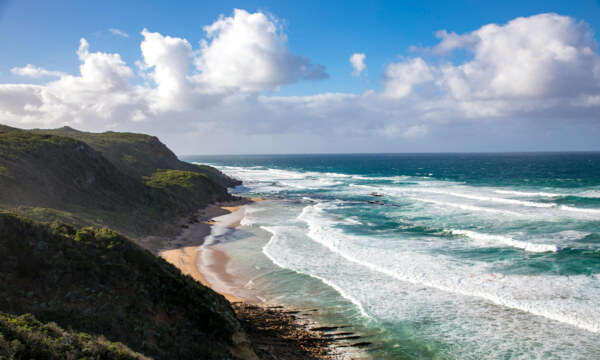Six benefits of using a credit card while travelling

Travelling means dealing with money in places where the usual habits don’t always work. Even in tightly regulated industries like online gambling, casinos still allow players to make deposits and withdrawals by using card transactions, which shows how firmly credit cards remain embedded in modern payment systems. The same reliability is what makes them valuable for travellers moving between countries.
Cash is straightforward, but carrying a bundle of notes feels risky. If it’s stolen or misplaced, it is gone. Debit cards are safer, yet they don’t always give the same protection when something goes wrong. A credit card offers a middle ground. It is widely accepted, it gives time to settle up later, and it comes with rules that shield from losses.
Security is one of the first advantages to stand out. Lose a wallet in a crowded station and an account can be frozen with a single phone call, with unauthorised charges usually reversed. By contrast, cash lost in a single moment is gone entirely. This peace of mind becomes even more valuable when travelling abroad, especially where the language is unfamiliar.
The booking process is another reason to keep a credit card at hand. Hotels and car rental companies often require one because they can place a hold without taking payment. A debit card hold reduces the available balance and can leave funds tied up for days. A credit card protects the daily budget while meeting the company’s security requirements, making the process smoother and allowing travel to continue without concern over temporary shortages.
Then there are the rewards. Many cards feed points straight into airline and hotel programmes.
After a few trips, the points may be enough for an upgrade or a free night. Other cards return a percentage of spending as cashback. It is not a fortune, but over time the savings matter, especially when travel already stretches budgets. For frequent flyers, stacking points from everyday purchases and redeeming them for long-haul flights remains one of the best ways to squeeze extra value from each journey.
Emergencies reveal the real strength. A missed train, a cancelled flight or a last-minute hotel bill can throw plans into chaos. With credit, payment can be made immediately and the details settled later, providing breathing room at the moment it is most needed. Travellers stranded by weather delays or sudden strikes know how important it is to have a payment method that does not leave them waiting for funds to clear.
Global acceptance is another factor travellers value. Major card networks are recognised almost everywhere. Even in towns where cash still dominates, at least one shop will take a card. That means fewer trips to exchange desks and fewer ATM fees. The card provider handles the conversion, often at a better rate than exchanging cash at the airport. For those hopping between several countries, it’s easier to keep track of spending when it all flows through one statement.
Premium products sometimes add extras like travel insurance or lounge access. These are not essential, and not everyone wants to pay the higher fees that come with them, but for frequent flyers, the value is clear. Insurance can cover lost baggage or medical emergencies. Lounges provide a quiet spot with Wi-Fi, food, and a seat that isn’t a crowded gate. Even if used only once or twice a year, the comfort can shape the tone of a long journey.
There are drawbacks. Interest rates climb quickly if the balance is not paid in full, and overspending is a real risk when a credit limit feels like free money. Discipline is essential. Setting a budget before travelling and checking statements regularly keeps spending under control. Used properly, a card is a tool that supports the trip rather than a burden that follows home.
Some travellers still prefer carrying cash, and there is logic in that. Markets, taxis and small cafés sometimes accept only notes and coins. The sensible approach is to keep a small amount of local currency for such situations while relying on a credit card for most expenses. This offers flexibility without unnecessary risk.
The adaptability of credit cards is what sets them apart. They suit weekend city breaks, long backpacking trips and formal business travel. They handle advance bookings and last-minute changes, making payments simple and secure while providing options when plans go wrong.
Travel is meant for exploring and enjoying, not worrying about how to pay for dinner or whether a deposit will be returned. A credit card cannot prevent delays or lost luggage, but it offers preparation and peace of mind. That reliability is why it remains a standard travel companion, even in an age of mobile wallets and new payment apps.
The editorial unit

























Facebook
Twitter
Instagram
YouTube
RSS